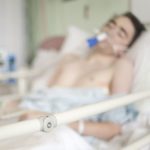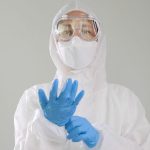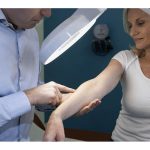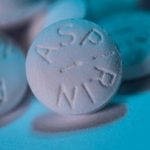
New research reveals why Black Americans might be more vulnerable to colon cancer than white people are. The researchers examined age-related “epigenetic” changes in colon tissue. These changes affect how genes work. The investigators found that in both Black and white people, one side of the colon ages biologically faster than the other. But the side that ages faster is different, depending on race. In Black Americans, the right side of the colon ages much faster than the left side, which could contribute to their increased colon cancer risk, make them more likely to develop cancer on the right side of the colon, and to have the cancer at a younger age, according to the authors of the study published recently in the Journal of the National Cancer Institute. In white people, the left side of the colon ages faster and they’re more likely to develop cancer on that side. The study is the first to find that the two sides of the colon age differently. “These findings highlight the importance of colon-sidedness to biology of colorectal cancer,” said study co-leader Graham Casey, from the University of Virginia’s Center for Public Health Genomics. “The fact that the colon biology of people of African and European ancestry differ further highlights the critical importance of more research involving participation of people of African descent,” Casey added in… read on > read on >


















